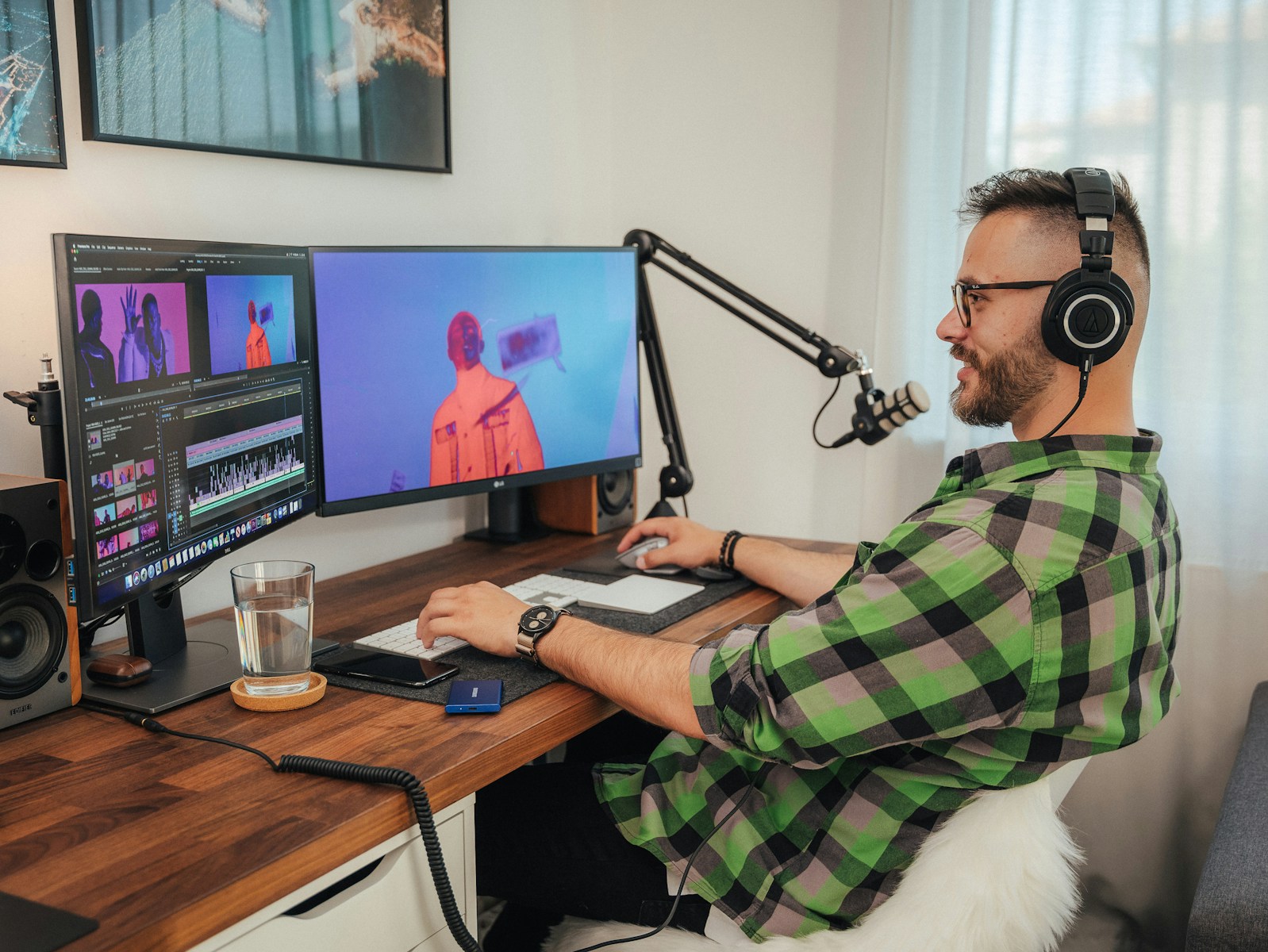Opinion piece. Can anything truly compete with YouTube’s streaming empire?
As someone who spends a significant portion of the day toggling between my favourite creators, music, and the occasional cooking tutorial, YouTube has always been my go-to. Its seamless integration of video and music streaming has turned it into a digital behemoth, blending entertainment, education, and community. With over a billion hours of content consumed daily on TVs alone, its dominance feels almost unshakable. But is it really?
Neal Mohan, YouTube’s CEO, recently pointed out that the platform’s success lies in catering to “viewers [who] want everything in one place.”
Yet, this monopoly has also sparked a pushback from users and creators alike—citing issues like ad overload, algorithmic manipulation, and the struggle for smaller creators to gain visibility. This has opened the door for alternatives—some niche, others ambitious—to carve out their space in the streaming world.
Let’s take a closer look at these YouTube alternatives. Can they genuinely rival YouTube, or are they destined to remain shadows in the streaming giant’s spotlight?
PeerTube
PeerTube isn’t just another streaming site; it’s a statement. Built by the French non-profit Framasoft, this open-source platform offers users the power to host their own “mini-YouTubes.” It’s the antithesis of big-tech dominance, shunning ads and surveillance for privacy and community-driven governance. With over 1,000 independent platforms, PeerTube champions ethical content sharing, even if it lacks the polish of mainstream players.
Dailymotion
Dailymotion has carved out a niche as a purveyor of quality over quantity. From live events like the Super Bowl to cultural deep dives, it aims to deliver videos that resonate. Its commitment to combating online toxicity is commendable, but whether that alone is enough to convert YouTube’s vast audience remains debatable.
Vimeo
With tools ranging from AI-assisted editing to robust analytics, Vimeo caters to creatives and businesses alike. It’s less about mindless scrolling and more about crafting cinematic narratives or engaging employee training videos. While it excels in niche markets, Vimeo’s steep pricing could deter casual users.
Spotify and Apple Music
YouTube’s ventures into music streaming have faced stiff competition. Spotify and Apple Music, with their vast song libraries and immersive experiences like Spatial Audio, are redefining how we consume music. But their lack of video integration keeps them from being true replacements.
Bandcamp
If you value supporting indie artists directly, Bandcamp is unmatched. It allows artists to keep a fair share of their earnings while building a grassroots community. While it’s a far cry from YouTube’s expansive ecosystem, its transparency and artist-first approach are refreshing.
Is the grass greener elsewhere?
After exploring these alternatives, I found myself conflicted. Platforms like PeerTube and Bandcamp appeal to the idealist in me—advocating for privacy, fair pay, and independent artistry. Yet, the convenience, variety, and sheer ubiquity of YouTube remain undeniable. It’s hard to beat an all-in-one platform that’s seamlessly woven into our digital lives.
That said, the rise of these alternatives signals a shift in user priorities—toward ethics, creativity, and individuality. While none can dethrone YouTube just yet, they highlight the growing demand for diversity in streaming. Perhaps the future isn’t about replacing YouTube but complementing it with platforms that better align with our values.
